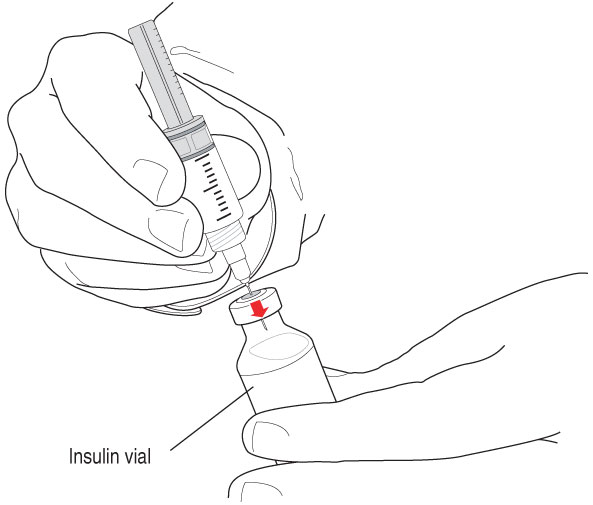Manic Monday: The Diabetic Climber
April 11, 2011
Manic Monday is a feature I hope to run every Monday(ish) – provided folks out there in the “mainstream” keep supplying the fodder.
_________________________________________________
I’ve had this story on reserve for a while now, but it is no less relevant than it was a few months ago. In fact, just a few days ago Jimmy Moore of “Livin la Vida Low Carb” had a guest addressing the same issue.
In early February, I decided to finally go bouldering at the local climbing co-op (covered here). “Finally” because I had been meaning to go since July (it’s just now occurring to me how representative this post is of my procrastination).
The co-op was a very welcoming place to a new climber, and a friend of mine had lined up a climber he knew to play “tour guide” for me – a favor I sorely needed. That tour guide was The Diabetic Climber (TDC). As you may have guessed, TDC is diabetic.
Read on for the rest of the story and some diabetes stats.More specifically, TDC has type 1 diabetes. This means that the beta cells in his pancreas don’t produce insulin. In his case, he became diabetic at eight years old due to an autoimmune reaction that destroyed those beta cells; his third grade body waged a civil war on his pancreas and everyone lost (as is often the case with civil war).
Being the “Chatty Cathy” I become when the subject of nutrition comes up, I mentioned I know of many Type 1’s who had gained much greater control of their condition through diet and lifestyle, and as a result were able to supplement with insulin much less frequently (diabetics like TDC often inject themselves with insulin a few times per day). He complained that the frequent shots were “getting old” and expressed that he had been thinking about trying to make do without as much supplemental insulin.
We lost track of the conversation in the excitement of my first bouldering experience, but I had another chance to attack the subject (nutrition, not TDC) on the car ride home.
I told TDC that we probably had similar diets – that I ate low-carb (at the time VLC). He replied, rather nonchalantly, that he had never “tried low-carb.” I was shocked by his response. He followed up with a bombshell that still echoes in my mind. “How do you get your whole grains?”
I couldn’t believe it. I had finally met someone who would (I assumed) know the benefits of a low-carb diet without ever needing to be told, but he had already been infected with the most common (and perhaps deadliest) disease in America: Government Nutritional Recommendations. Ok, I’m being a bit melodramatic here, but I joke because I can’t help it – this stuff is more serious than I make it seem.
I pressed on, ever vigilant. “When you eat more carbohydrate, you need more insulin, right?”, I prodded. He replied that his insulin dose was dependent on his blood sugar, which he realized, to his credit, was linked to his carbohydrate intake. I continued, “If you were to eat less carbohydrate, you’d need less insulin?” He agreed (rather begrudgingly), and I thought I had made great strides towards improving his quality of life. I felt how superman must feel when he saves a baby from a burning building. Then he brought my self-esteem tumbling down. He replied that he’d rather take more insulin than face the inevitable heart attack brought on by swapping out healthy whole grains in favor of animal products.
I tried a few other tacks, but the battle for his health was over; It had been won (or lost) in his doctor’s office over the last 15 years. In a rather cruel twist of fate, the people most hurt by the Nutritional Guidelines (diabetics) are also those in which the mantra has been most firmly planted.
What bothers me the most is how clearly negative the care provider’s influence can be here. If you gave a diabetic a blood glucose meter and no nutritional advice, I bet they’d quickly figure out how they should be eating (low-carb). Left to their own devices, they would care for themselves better than if they heed their doctor’s advice. Pretty hard to swallow.
Whereas most Americans get their dietary advice from Dr. Oz and People magazine, diabetics receive a heavy dose of those deleterious directions direct from their doctor (say that three times fast). A well-reasoned discussion may pique the interest of a young man who just switched to whole-grain and low-fat in a recent war with his waistline, but winning over a diabetic is a serious struggle. Disheartening, because he certainly has more to gain from a low-carb diet than I do.
Entry filed under: Manic Monday. Tags: .




What’s Being Said